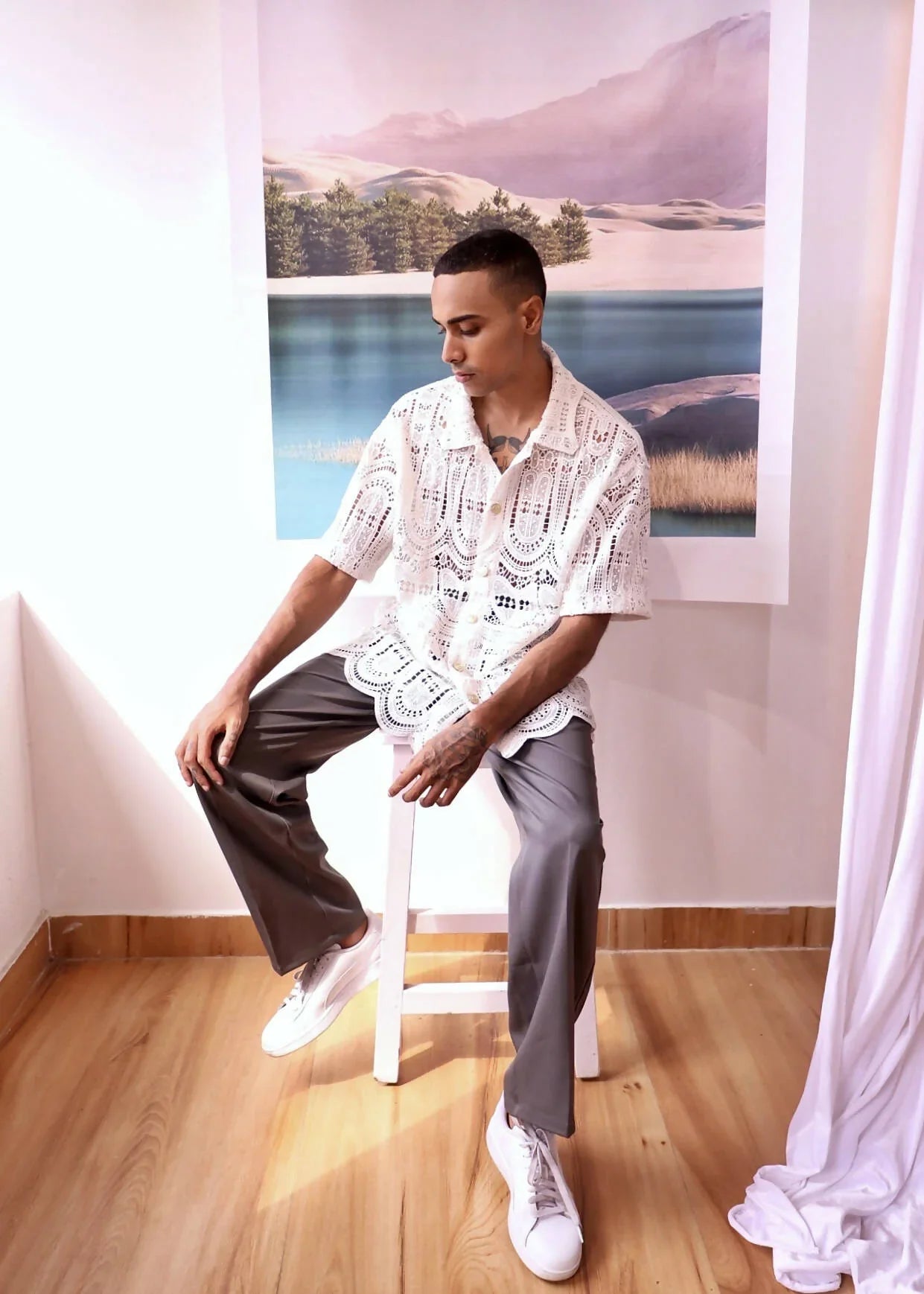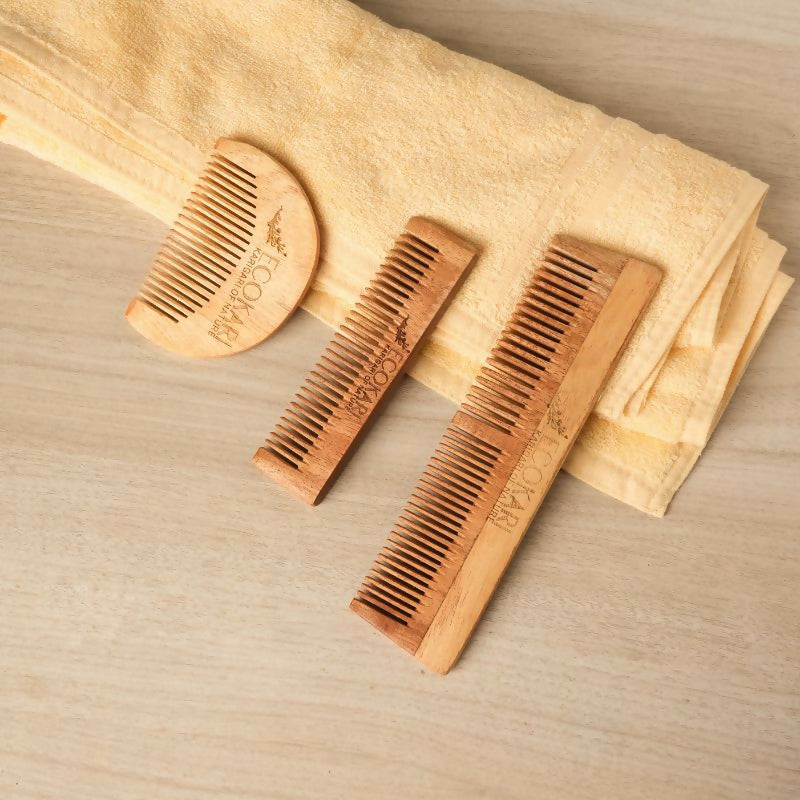I was a Sari Design Story
ABOUT THE BRAND
I was a sari is a unique brand that offers a premium line of upcycled fashion products made from beautiful Indian saris by underprivileged women in Mumbai, India.
Founded in 2013 by Stefano Funari, the brand provides sustainable working opportunities for women artisans from underprivileged communities by giving them training in skills like stitching and embroidery through their NGO partners.
They were the winners of the Circular Design Challenge Award, a part of Lakmé Fashion Week (LFW) Summer Resort 2019 for their innovative usage of plastic tarpaulin to create garments, shoes and accessories.
MISSION:
I was a Sari is a zero dividend initiative that invests all its profits back into developing the brand or towards their core mission – women empowerment. The brand is implementing a sustainable, eco-friendly model which focuses on a ‘triple bottom line’ – constantly analysing its social, environmental and financial impact, and understanding the relationship each has with the others.

We followed their design journey to understand how they are re-using saris and achieving circularity in their products.
SOURCING
The saris are sourced from markets in Mumbai, India. The selection of pre-loved saris is the first and most crucial step of their design process because this defines the brand’s design and aesthetics. The design team is very selective while sourcing the design and print of the saris and goes through thousands of saris to select 10-15 pieces.
Hence, not all saris are chosen to become an “I was a Sari” product. The unused saris and fabric scraps are donated to their NGO partner, Goonj, who further upcycles it to make sanitary pads and other products.
One the saris are selected, they go through a thorough quality check before being sent to the production centre.

DESIGNING
The inspiration of the product comes from the sarees - from its print, fabric and colours. The designers try to envisage which sari would work best as what product - for example, "a particular printed sari could be an amazing bag but look terrible as a scarf" says Stefano Funari, the founder of “I Was A Sari”.
They also try to study the functionality of the products and the customers they are intended for whilst creating the upcycled products.
SEWING
All the products are produced in collaboration with their NGO partners: Community Outreach Programme and Animedh Charitable Trust where underprivileged women are trained with tailoring and embroidery.
These women come from different backgrounds and families – having often received little education. They come to the NGO partner’s vocational training centres for a variety of reasons – each unique to their own set of circumstances. However, they all end up united by a passion for their work, realising that their involvement matters and that the initiative’s success is contingent on their dedication and creativity.
‘I was a Sari makes a real change in the life of every artisan involved. The artisan gains new skills and financial independence – in the process of upcycling saris, she ends up upcycling her very own life.’ explains Stefano.

QUALITY CHECK
After the pieces are produced, there is a thorough quality check before they are finished & packed. They realise that if their brand needs to compete with other mainstream brands, their products need to be aesthetically beautiful along with ensuring premium quality.
“They want their customers to fall in love with the product first, and then learn the beautiful journey of the upcycled sari and of the women who are creating it. And hence the customers don't need compromise on any aspect when they choose to wear sustainable fashion.”
GUCCI COLLABORATION
Gucci has partnered with I was a Sari to change the lives of underprivileged women in Mumbai, India as a part of the company’s 10-year plan to embed a comprehensive sustainability strategy into and around the brand, governed by a Culture of Purpose.
The partnership embarked with an embroidery project where women artisans involved with I was a Sari are being trained in embellishing the sari with zardosi and aari - a skill that was primarily dominated by male "karigars". Together, I was a Sari and Gucci have challenged this prejudice head on. Furthermore, the male artisans have become teachers to the women students.
This has allowed Gucci’s export houses, not only to train women but to begin changing the minds of the society and community, in favour of female empowerment.
--
Check their upcycled products made out of saris here.
Find them on Instagram
-
Photo Credits - I was a Sari






Leave a comment